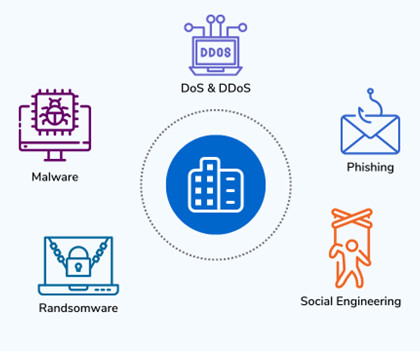Top 6 Retail Trends & Supply Chain Planning Challenges in 2023
Logistics Viewpoints
JUNE 1, 2023
Recessionary environments cause disruptions in the manufacturing industry around the globe, leading to long lead times, shortages, rising prices, and complications in transportation lines. This means they are more likely to focus on value and affordability and change their priorities and brand preferences when making purchases.
















Let's personalize your content